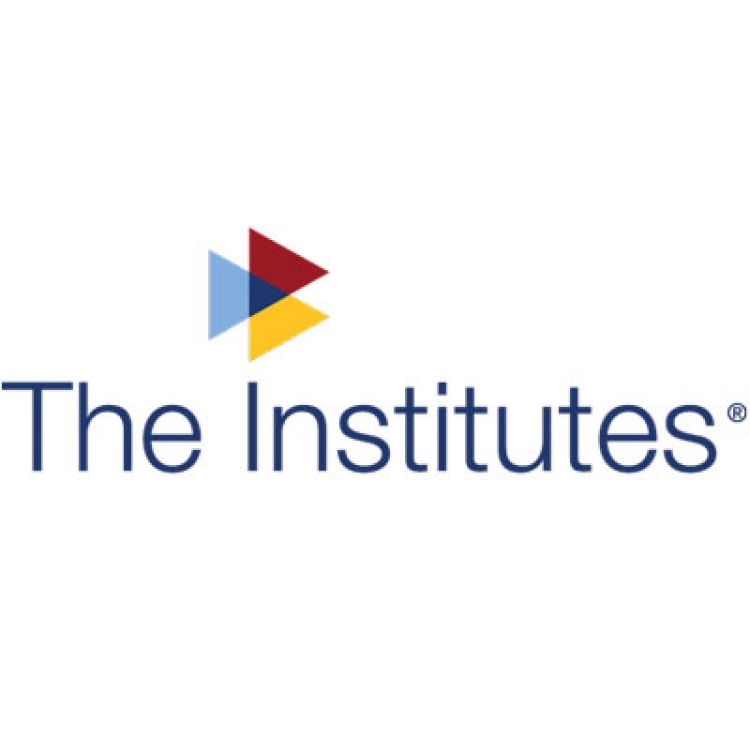Airmic hails The Institutes as an important component in the risk manager's professional development journey

Julia Graham, Airmic's deputy CEO and technical director, hailed the new partnership with The Institutes as the "missing part of our professional journey" when she opened last month's ERM Forum. Based in the United States, The Institutes provide risk management qualifications that are recognised internationally. Airmic members are entitled to attractive special rates. Mark Baylis reports.
The Forum was an appropriate platform for introducing members to The Institutes because its mission and values dovetail perfectly with the theme of the event: The Transforming Risk Manager. Airmic has been saying for years that the profession is entering an exciting era where risk is at the centre of a fast-changing business environment. It means great opportunities for risk managers - as long as they develop wider ERM knowledge and skills to embrace more strategic roles within their organisations.
This is why, to quote Graham, "we are thrilled to have this relationship with Airmic's new Education Partner”. The Institutes' qualifications have stood the test of time, are generally regarded as rigorous and are widely recognised as credible. More than 37,000 people worldwide now have Associate in Risk Management (ARM) ARM designations, meaning they have successfully qualified via The Institutes.
There are four main ARM modules: Risk Management Principles and Practices; Risk Assessment and Treatment; Risk Financing; and Enterprise Risk Management (ARM-E). The ARM modules are normally taken together, whilst the fourth ERM module is stand-alone. Discounts available to Airmic members are 20% for course materials which means that a member could qualify for around £300 for each Module of ARM and for just over £450 for ARM-E.
The learning can take place at home or in the office, either through e-learning or text books or both. For students who are unsure of something, there is an on-line community where questions can be asked and, as a final back stop, there is a facility to speak directly to a member of The Institutes' staff. How long each module takes depends on the individual, but it would be safe to allow 12 weeks, though it is certainly possible to complete them much more quickly than that. At the end of each course students must pass an 80-question multiple choice exam.
Helping members on their professional journey is a top priority for Airmic - hence fastTrack for relatively inexperienced members, the Business Excellence programme for the next career stage, followed by the City Business School risk leadership programme and the Leadership Group for senior professionals. The Institutes' courses can provide an underpinning that is relevant to all stages of the journey.
"These qualifications carry weight, are recognised world-wide and can provide our members with the wider ERM knowledge and skills that will be essential to professional advancement" said Graham.
The UK-based Chartered Insurance Institute will continue to be Airmic's main recognised provider of insurance-related qualifications.
For further information, go to www.theinstitutes.org/ or contact Stephen Anderson at anderson@theinstitutes.org
"My ARM qualifications have given me added credibility and enabled me to make a more useful contribution to the risk management process." Click here for a London-based former student's experience.
